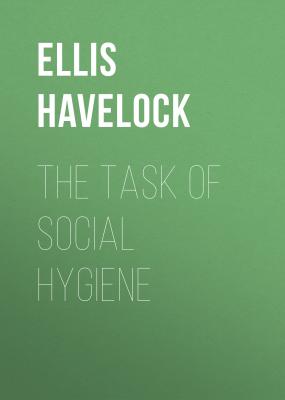Essais, Book III, chap. V.
71
See e.g. Mrs. Fraser, World's Work and Play, December, 1906.
72
A more modern feeling for love and marriage begins to emerge, however, at a much earlier period, with Menander and the New Comedy. E.F.M. Benecke, in his interesting little book on Antimachus of Colophon and the Position of Women in Greek Poetry, believes that the romantic idea (that is to say, the idea that a woman is a worthy object for a man's love, and that such love may well be the chief, if not the only, aim of a man's life) had originally been propounded by Antimachus at the end of the fifth century B.C. Antimachus, said to have been the friend of Plato, had been united to a woman of Lydia (where women, we know, occupied a very high position) and her death inspired him to write a long poem, Lyde, "the first love poem ever addressed by a Greek to his wife after death." Only a few lines of this poem survive. But Antimachus seems to have greatly influenced Philetas (whom Croiset calls "the first of the Alexandrians") and Asclepiades of Samos, tender and exquisite poets whom also we only know by a few fragments. Benecke's arguments, therefore, however probable, cannot be satisfactorily substantiated.
73
As I have elsewhere pointed out (Studies in the Psychology of Sex, Vol. VI, "Sex in Relation to Society," chap. ix), most modern authorities—Friedländer, Dill, Donaldson, etc.—consider that there was no real moral decline in the later Roman Empire; we must not accept the pictures presented by satirists, pagan or Christian, as of general application.
74
I have discussed this phase of early Christianity in the sixth volume of Studies in the Psychology of Sex, "Sex in Relation to Society," chap. V.
75
Ulrich von Lichtenstein, in the thirteenth century, is the typical example of this chivalrous erotomania. His account of his own adventures has been questioned, but Reinhold Becker (Wahrheit und Dichtung in Ulrich von Lichtenstein's Frauendienst, 1888) considers that, though much exaggerated, it is in substance true.
76
Léon Gautier, La Chevalerie, pp. 236-8, 348-50.
77
The chief source of information on these Courts is André le Chapelain's De Arte Amatoria. Boccaccio made use of this work, though without mentioning the author's name, in his own Dialogo d' Amore.
78
A. Méray, La Vie au Temps des Cours d'Amour, 1876.
